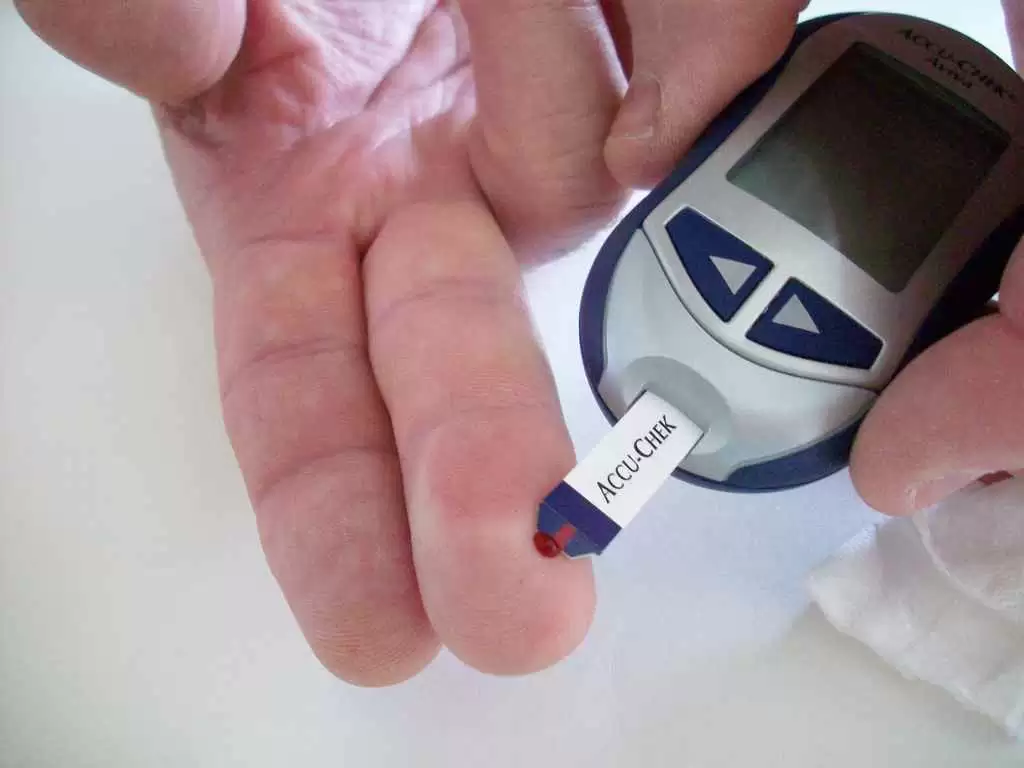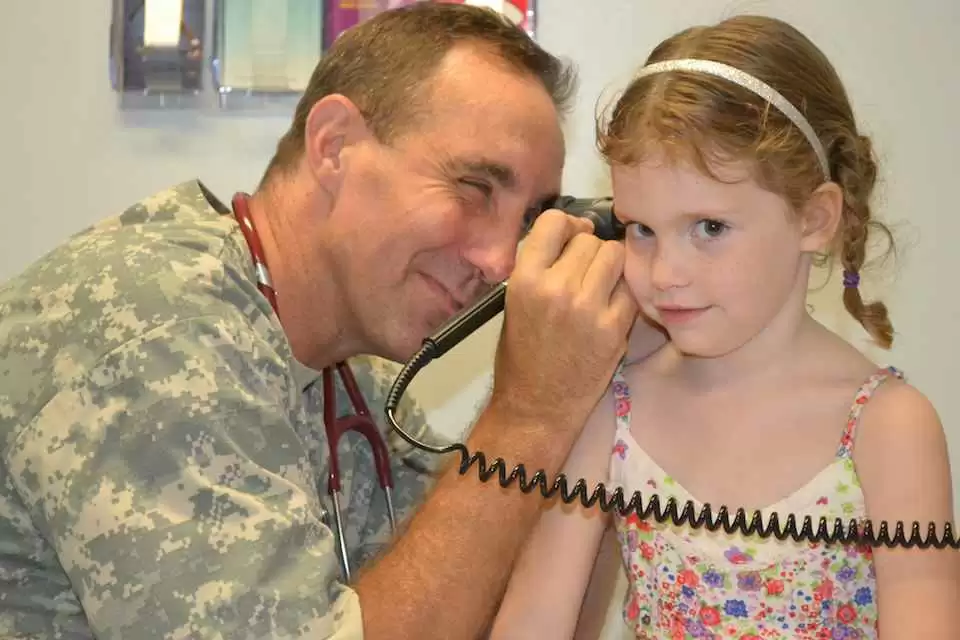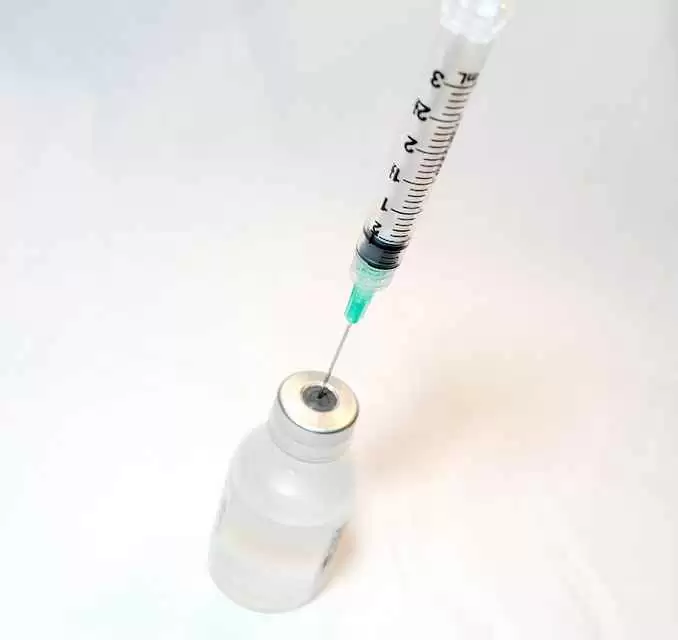
Celiac.com 11/16/2017 - If people with celiac disease hope to avoid complications, then it's important for their gut mucosa to heal. However, besides biopsy, there is currently no good way for doctors to assess that a patient has healed enough to experience full remission.
A team of researchers recently set out to assess the role of a point-of-care test (POCT) based on IgA/IgG-deamidated gliadin peptide, in detecting persistent villous atrophy in celiac disease.
Celiac.com Sponsor (A12):
The research team included Michelle S Lau, Peter D Mooney, William L White, Michael A Rees, Simon H Wong, Matthew Kurien, Nick Trott, Daniel A Leffler, Marios Hadjivassiliou and David S Sanders. They are affiliated with the Academic Department of Gastroenterology at Royal Hallamshire Hospital, Sheffield Teaching Hospitals, in Sheffield, UK, and with the Celiac Center and Division of Gastroenterology at Beth Israel Deaconess Medical Center in Boston, Massachusetts, USA.
The research team recruited celiac disease patients undergoing endoscopy for the assessment of histological remission. All patients had IgA-endomysial (EMA) antibodies, IgA-tissue transglutaminase (TTG) antibodies, received a POCT, and completed a validated dietary questionnaire.
All patients received a gastroscopy, with four biopsies taken from the second part of the duodenum and one from the duodenal bulb. The research team then compared the diagnostic performance of the surrogate markers against duodenal histology as the reference standard.
From 2013 to 2017, the team evaluated a total of 217 celiac disease patients. 70% of patients were female, ranging in age from 16–83 years, with an average age of 53 years. Patients had been on a gluten-free diet for an average of 6 years when recruited.
Eighty-five (39.2%) patients had persistent villous atrophy. The sensitivities of the POCT, TTG, EMA, and the adherence score in detecting villous atrophy were 67.1%, 44.7%, 37.7%, and 24.7% respectively (P=0.0005). The combination of the POCT and adherence score only marginally increased the sensitivity to 70.6% (59.7–80.0%).
The POCT showed a higher sensitivity than the other markers in predicting villous atrophy. A POCT may help doctors get a quick, accurate assessment of mucosal healing levels during simple follow-up office visits.
Source:








Recommended Comments
There are no comments to display.
Create an account or sign in to comment
You need to be a member in order to leave a comment
Create an account
Sign up for a new account in our community. It's easy!
Register a new accountSign in
Already have an account? Sign in here.
Sign In Now